One of the most pressing issues is climate change.
It is happening all over the world and its consequences can be devastating, both for the environment and for people. Human activity, specifically and mainly the burning of fossil fuels that generate greenhouse gases, is the cause behind this serious environmental threat, the greatest that humanity is facing.
Many, many people insist on denying that this is a problem that exists and is not going away. Let’s be very honest, denying this problem, which is a catastrophe, is absurd. Besides, it may delay the possible measures that could be taken to reduce its effect, since its consequences are becoming more and more serious and threaten the different forms of life on our planet.
The problem
The different climates correspond mainly to the geographical latitude, the altitude, the distance to the sea, the orientation of the terrestrial relief concerning the insolation, and the direction of the winds and the marine currents. These factors and their variations over time produce changes in the main constituent elements of climate: atmospheric temperature, atmospheric pressure, winds, humidity, and precipitation.
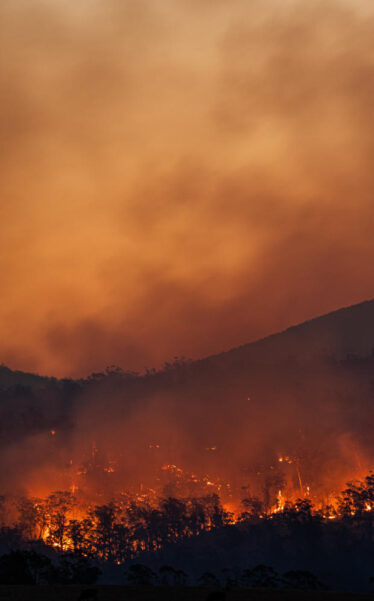
However, climate change is the modification of temperature and other climate variables. This change is occurring with unprecedented speed and intensity.
This variation must occur in a significant way and with a certain variable duration in time.
We would like to make it clear that variations in the Earth’s climate are normal and natural. The problem is that as a consequence of human activities, the rate of change is too intense and too fast.
Current climate change is mainly related to the intensification of the greenhouse effect (a process in which thermal radiation emitted by the planetary surface is absorbed by atmospheric greenhouse gases (GHG) and radiated in all directions).
Climate change is happening all over the world. No corner of the globe escapes its devastating damage and it is having an ever-increasing impact.
The World Meteorological Organization (WMO) has recorded the following significant changes:
1. The global average temperature has already increased by 1.11 ± 0.13 °C since pre-industrial times.
2. The seven years since 2015 are the warmest on record. The decade from 2011 to 2020 was the warmest on record.
3. Global greenhouse gas emissions continue to increase each year, peaking at 59 GT CO2 eq. in 2019 (IPCC, 2022).
4. In October 2022, the monthly average CO2 concentration, measured by the U.S. National Oceanic and Atmospheric Administration (NOAA) at its Mauna Loa observatory in Hawaii, again reached a cumulative historical maximum of 420.99 parts per million (ppm), an amount of CO2 not recorded for three million years.
5. The heat content of the oceans has reached unprecedented levels. Sometime in 2021, much of the ocean was affected by at least one “intense” marine heat wave.
6. The sea level reached a new maximum in 2021, after rising by an average of 4.5 mm per year over the period 2013-2021. This is more than double the figure recorded between 1993 and 2002.
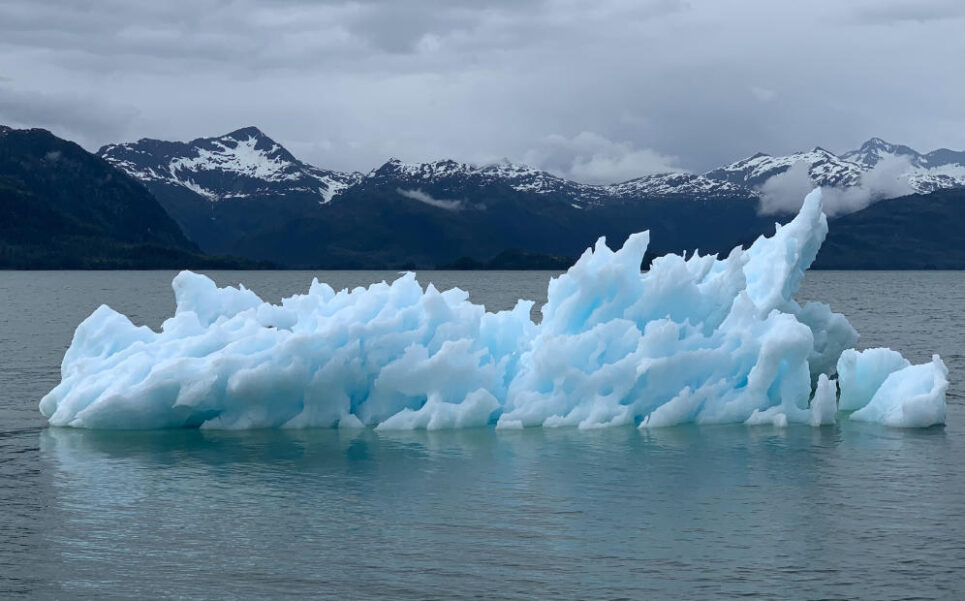
As if this were not enough, the impacts are now evident. There are more extreme weather events, such as storms and hurricanes. More intense, long-lasting, and frequent heat waves. There are large-scale fires and droughts.
Going into detail, the phenomenon of forest fires has become one of the greatest environmental problems suffered by our forests due to the high frequency and intensity it has acquired in recent decades.
On the other hand, a heat wave is considered as an episode in which the temperature is high for at least 3 days in a row, and which are higher than normal in summer in that particular area.
But, these figures, these ravages on our planet, although shocking, are not something that has happened overnight. So much so that the scientific community has been quite clear: the planet is far from reaching its climate targets.
The Secretary General of the United Nations, Mr. António Gutierres has assured that the year 2023 has shown that climate change is an undeniable fact.
Temperatures are now too extreme, scorching the earth and warming the sea. The global response is insufficient.
The causes
The causes for the continuation of global warming are quite clear. We can divide them as follows.
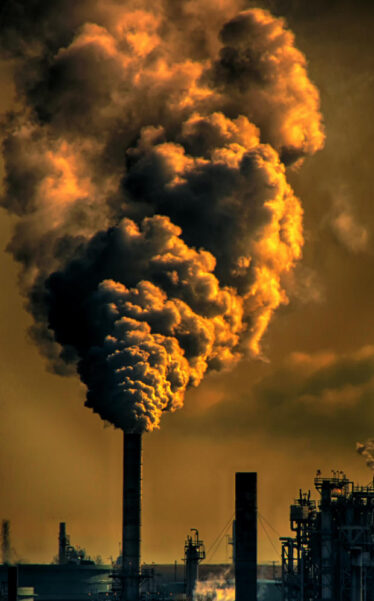
Power and heat generation: this occurs because fossil fuels cause a large amount of global emissions. Most electricity is still generated by burning coal or gas, which produces carbon dioxide and nitrous oxide.
Manufacturing products: Industry and factories produce emissions, mostly from burning fossil fuels to generate energy to manufacture cement, iron, steel, electronic components, clothing, and other goods.
Forest clearing: This has occurred as farms or pastures have been created.
Transportation use: most trucks, ships, and aircraft run on fossil fuels.
Food production: This causes emissions of methane, carbon dioxide, and other greenhouse gases.
Energy in buildings: Residential as well as commercial buildings consume more than half of total electricity. Because they continue to use coal, hydrocarbons, and natural gas for heating and air conditioning systems, they emit significant amounts of greenhouse gases.
These impacts in turn cause economic and social damage, which will become increasingly serious, such as damage to crops and food production or health risks.
We are responsible
As much as we hate to accept it, we are responsible for this tragedy.
Many groups have been accused of being to blame for this continuing lack of action, from fossil fuel companies and rich countries to politicians, the wealthy, and sometimes even all of us.
Others may think it is not useful to blame anyone.
Whether we call it blame or not, the question of who is responsible for the climate crisis is a necessary one.
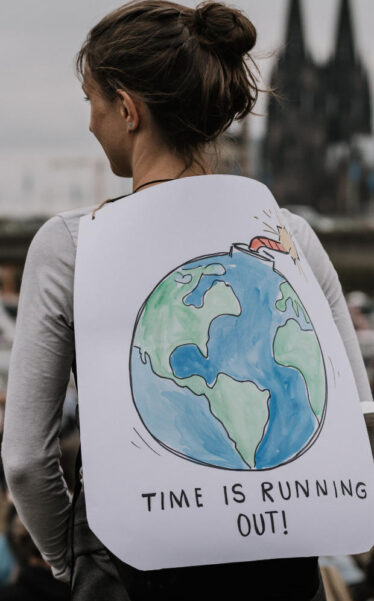
Fossil fuel companies play a key role in the climate problem. A report published in 2017 attributed 70% of global greenhouse gas emissions over the previous two decades to just 100 fossil fuel producers.
Focusing on the influence of fossil fuel companies is not the only thing. Another big problem is consumption, i.e. people.
We must keep in mind that climate change is not only an environmental phenomenon but also has serious social and economic repercussions. Some of the consequences of climate change for humans are:
**Lack of drinking water mainly due to droughts caused by the sharp rise in temperatures.
**Melting or melting of glaciers and polar ice caps due to higher temperatures.
**Increased storms, hurricanes, droughts, and heat waves.
**Food insecurity due to changes in food production conditions.
**Increased loss of biodiversity.
Every increase is important
According to the latest UN reports, thousands of scientists and government reviewers agreed that limiting global temperature rise to no more than 1.5°C would help us avoid the worst climate impacts and maintain a livable climate.
Emissions that cause climate change come from all parts of the world and affect everyone, but some countries generate far more than others.
There are currently ten countries considered to be the largest emitters of greenhouse gas emissions worldwide in 2020. These countries are China, the United States, India, the European Union, Indonesia, Russia and Brazil.
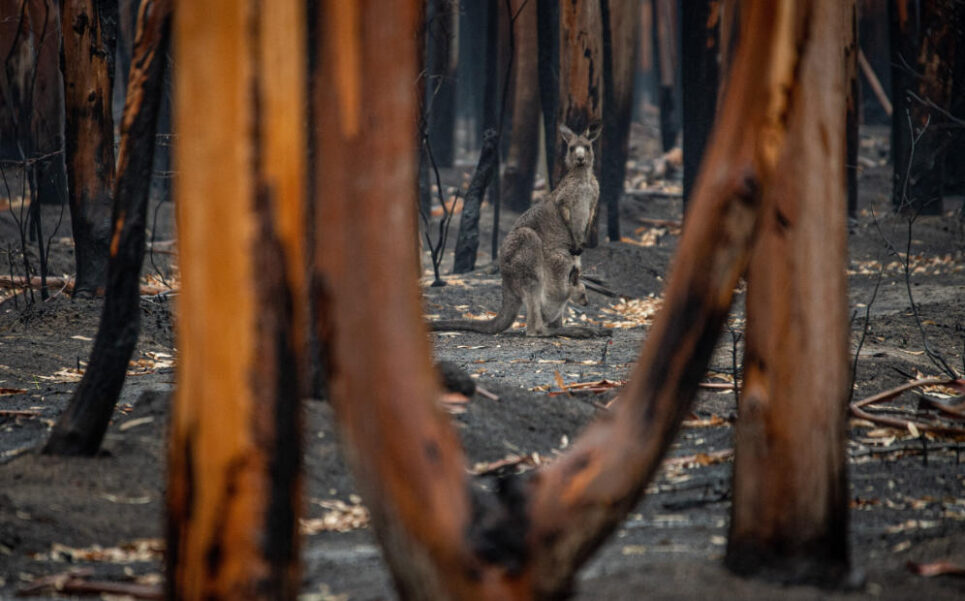
We must bear in mind that we cannot avoid climate change per se, but it is in our hands to help slow down this change.
To do so, we must focus on actions related to reducing global warming caused by the increase in the greenhouse effect.
Now or never
Climate action requires significant financial investment by governments and businesses. But climate inaction is much more expensive. A critical step is for industrialized countries to fulfill their commitment to provide $100 billion a year to developing countries so they can adapt and move toward greener economies.
It is now or never. These words should not be ignored. Adaptation to climate impacts protects people, households, businesses, livelihoods, infrastructure, and natural ecosystems. It encompasses current and likely future impacts.
Adaptation will be needed everywhere, but priority must be given now to those most vulnerable and least able to cope with climate risks.


